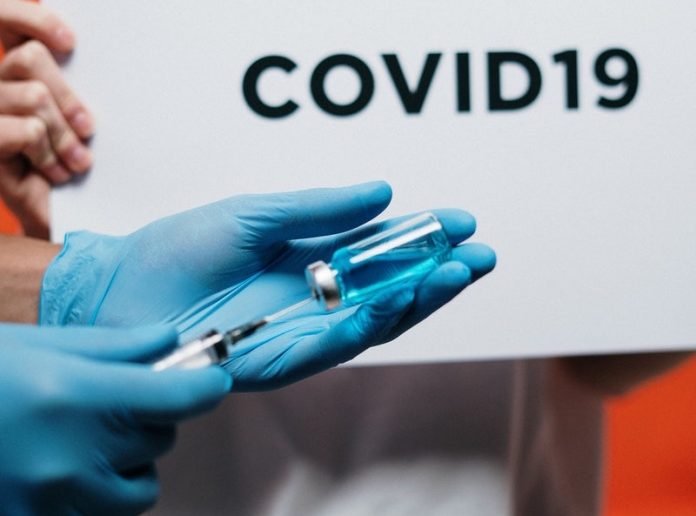
The antiviral drug remdesivir has been one of the few treatments that seemed to help curb death rates in COVID-19 patients so ill that they need a ventilator.
In a new study, researchers found the drug might not be as effective for ‘moderate’ cases of COVID-19—patients hospitalized and perhaps needing oxygen to breathe, but not requiring a ventilator.
They tested nearly 600 such patients and found that those who got a five-day course of remdesivir had a big difference in clinical status compared to standard care, but the difference had uncertain clinical importance.
This finding highlights that remdesivir clearly isn’t a path-breaking drug when it comes to the treatment of COVID-19, as its benefits are marginal.
The research was conducted by a team at Gilead Sciences.
Gilead is currently seeking U.S. Food and Drug Administration approval for remdesivir, which is available now on an emergency basis for hospitalized patients with severe COVID-19.
If the FDA approves it, however, the drug would gain wider use.
Remdesivir works by blocking the virus from copying itself. Trials of the drug showed that it can cut recovery time from COVID-19 by nearly a third in people with severe COVID-19.
But little was known about how the drug fights moderate coronavirus cases.
To find out, the team looked at 584 hospitalized patients who received either five days of remdesivir administered intravenously; 10 days on the same regimen, or standard care without remdesivir.
Patients averaged 57 years of age and 61% were men. More than half had heart disease and 40% were diabetic.
All of the patients had moderate COVID-19, which was defined as the presence of pneumonia evidenced on lung scans along with low blood oxygen levels.
The team found 28 days after treatment began, four patients (2%) in the standard care group had died, compared to three (2%) who got 10 days of remdesivir and two (1%) who got the five-day regimen.
At 11 days, a benefit in terms of a “better clinical status” on a 7-point scale was only seen among those who got five days of remdesivir:
This group had a 65% higher odds of an improved outcome compared to those who got standard care.
Still, improvements were not dramatic and there was no certain clinical importance.
The team says more study is needed and there may still be a role for remdesivir in certain patient subgroups in which the benefits may be more apparent.
In addition, there is a strong need to develop antivirals and other therapies that can meaningfully impact the trajectory of COVID-19 patients.
One author of the study is Dr. Diana Brainard of Gilead Sciences.
The study is published in the Journal of the American Medical Association.
Copyright © 2020 Knowridge Science Report. All rights reserved.



